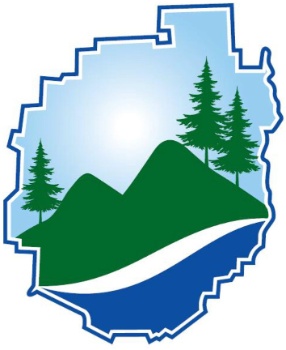Professional Testimony

As has been referred to elsewhere within some of these topics, it often becomes necessary to present your project to more than just the township engineer or building department. The use of land is legislated through the powers of the MLUL, which grants municipalities the power to zone. Zoning is the legal mechanism used to promote spatial homogeneity of land uses and patterns; establishment and delineation of zoning districts; and the assignment of permitted/excluded land uses and setback requirements. Therefore, when your project is required to go before the land use board for approval (Planning Board or Zoning Board of Adjustment), the professionals that designed your project will be required to give testimony. This is typically the engineer or architect, and in the case of a commercial property, an attorney. It could also include a Professional Planner, or Professional Land Surveyor as well. Note that a minor site plan can be submitted and presented to the Board by the homeowner without the services of an attorney, but if the plan is signed and sealed by an engineer or architect, they will likely need to attend.
As a licensed engineer for 22 years, I have been in front of numerous boards as a professional witness, testifying on most forms of engineering land use. As a professional planner, I am also seasoned with requesting relief from an ordinance in the form of a variance, either bulk (‘c”) or use (“d”). Regarding the former, you must prove a hardship related to the unusual physical shape, topography or features on a lot, as well as demonstrate that relief can be granted without substantial detriment to the public good, and will not substantially impair the intent and the purpose of the zone plan and zoning ordinance (negative criteria). Flexible C variances also allow that the purposes of the Municipal Land Use Law would be advanced by the proposed deviation from the strict standards of the zoning ordinance and that the benefits would outweigh any detriment. In the case of the latter "use" variance, which is much harder to obtain, you must be able to prove that your variance can be granted due to special reasons (positive criteria), and satisfy the aforementioned negative criteria. BLSH&E can assist on all fronts.
Typically I charge a flat fee for a hearing, which includes all advance preparation in support of relief request. Should the application not be heard that night due to depth of the agenda, if no testimony is given and the meeting is carried to another night, I charge a nominal fee for attending this initial meeting. As with all of my engineering consultation/designs, you will be presented with a detailed written proposal of the Scope of Work for your review, including fee, prior to commencing.
